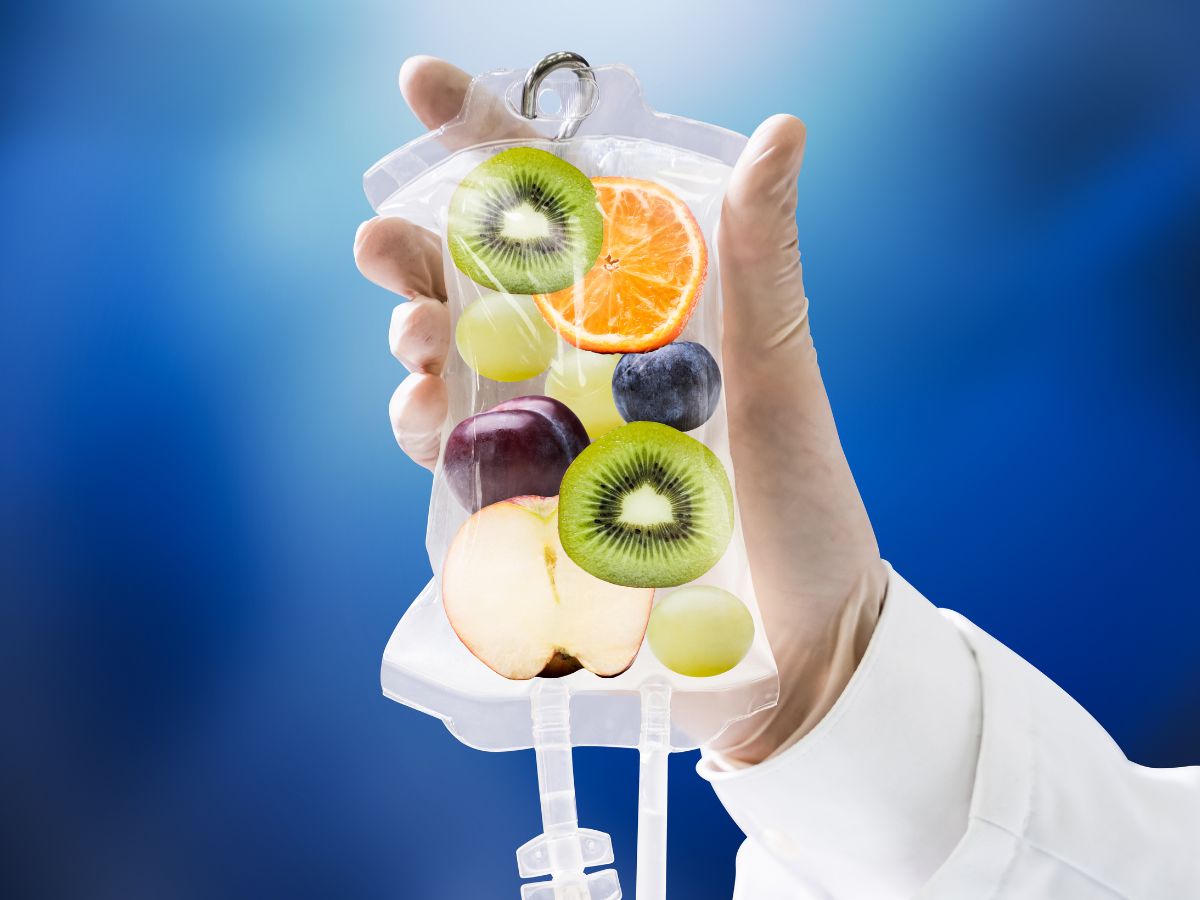Background. Helicobacter pylori infection is a major cause of peptic ulcer disease and gastric cancer. This study postulated that cranberry juice would be effective in the suppression of H. pylori in an endemically infected population at high risk for gastric cancer.
Materials and methods. A prospective, randomized, double-blind, placebo-controlled trial was conducted in Linqu County of Shandong Province, China, where 189 adults aged 48.9 ± 11.2 years (mean ± SD) with H. pylori infection were randomly divided into two groups: cranberry juice (n = 97) and placebo (n = 92). Participants were assigned to orally receive two 250-ml juice boxes of cranberry juice or matching placebo beverage daily for 90 days. The degree of H. pylori infection was determined using the 13C-urea breath test before randomization at 35 and 90 days of intervention to assess the efficacy of cranberry juice in alleviating infection.
Results. A total of 189 subjects with positive 13C-urea breath test results prior to randomization completed the study. At day 35 of intervention, 14 of the 97 (14.43%) from the the cranberry juice results group and 5 of the 92 (5.44%) of the placebo recipients had negative 13C-urea breath test results. After 90 days, the study concluded that 14 of the 97 subjects in the cranberry juice results group versus 5 of the 92 in the placebo group yielded negative test results. Eleven individuals from the cranberry juice results group and only two from the placebo group were negative at 35 and 90 days of experiment. These results are significant (p < .05).


